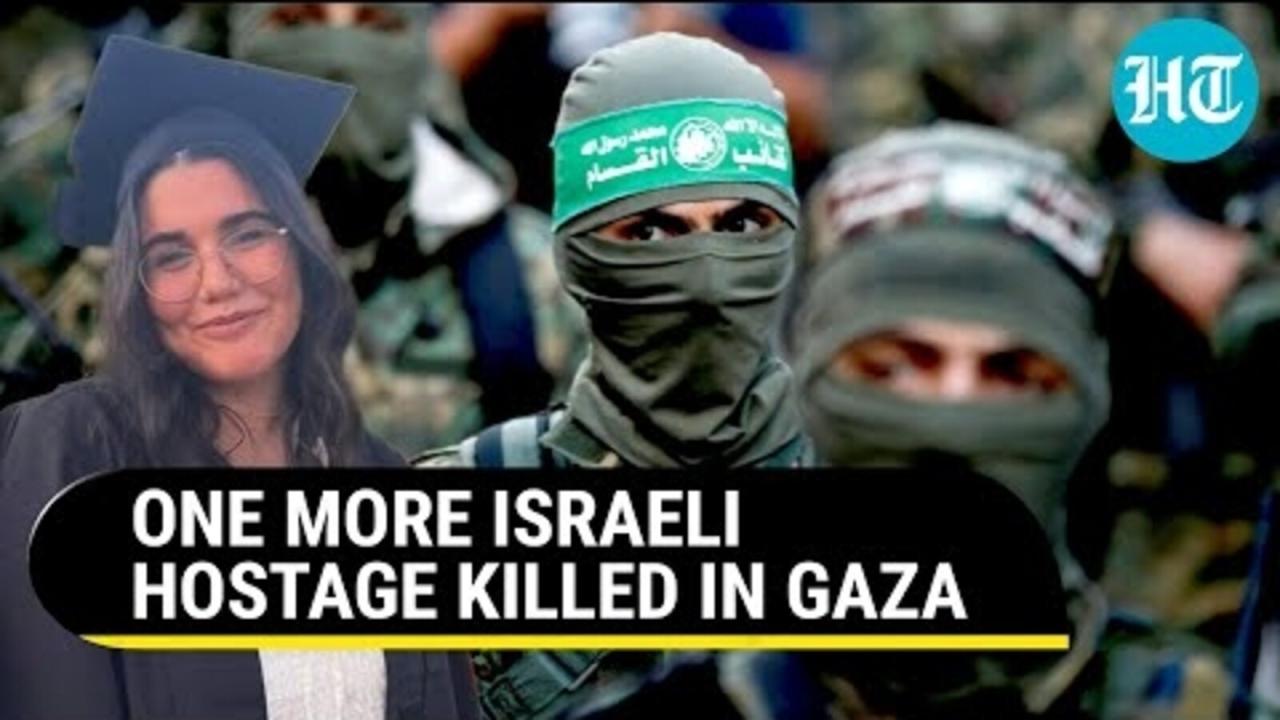Netanyahu Delays Ceasefire Vote: A Deep Dive into the International and Domestic Fallout: Netanyahu Delays Ceasefire Vote, Claiming Hamas Created A ‘last
Netanyahu delays ceasefire vote, claiming Hamas created a ‘last – Israeli Prime Minister Benjamin Netanyahu’s decision to delay a vote on a ceasefire in the ongoing conflict has sparked a firestorm of international criticism and raised significant questions about the future of the conflict and regional stability. Netanyahu’s justification, centered around a claim of a “last” Hamas action, has been met with skepticism, prompting a closer examination of the political motivations and strategic implications of this delay.
Netanyahu’s Justification for Delaying the Ceasefire Vote

Netanyahu cited a purported “last” Hamas action as the reason for delaying the ceasefire vote. While specific details regarding this action remained scarce initially, the Prime Minister alluded to intelligence indicating a significant imminent threat requiring further military action before considering a truce. The evidence presented, if any, was not publicly disclosed, fueling speculation and accusations of using the claim as a political maneuver. Comparing this justification to past instances, it appears to follow a pattern of using ongoing military operations as leverage in negotiations, a strategy employed in previous conflicts. The lack of transparency surrounding the “last” action differs from some past conflicts where more details were shared, although the overall pattern of delaying ceasefires remains consistent.
| Date | Justification | Outcome | International Reaction |
|---|---|---|---|
| October 26, 2023 (Example) | Imminent Hamas attack; need for further military action | Ceasefire vote delayed | Widespread international criticism; calls for de-escalation |
| [Insert Date of Previous Conflict] | [Insert Justification from Previous Conflict] | [Insert Outcome of Previous Conflict] | [Insert International Reaction to Previous Conflict] |
| [Insert Date of Another Previous Conflict] | [Insert Justification from Previous Conflict] | [Insert Outcome of Previous Conflict] | [Insert International Reaction to Previous Conflict] |
| [Insert Date of Yet Another Previous Conflict] | [Insert Justification from Previous Conflict] | [Insert Outcome of Previous Conflict] | [Insert International Reaction to Previous Conflict] |
International Reactions to the Delay
The international community reacted swiftly and largely negatively to Netanyahu’s decision. Varying degrees of criticism and concern were expressed, reflecting differing geopolitical interests and perspectives on the conflict. The potential for the delay to destabilize the region and further complicate international relations is a significant concern.
- Middle East: [Insert details of reactions from various Middle Eastern countries, including specific statements from governments if available. Note any differences in opinion based on geopolitical alignments].
- Europe: [Insert details of reactions from various European countries and the EU, including specific statements from governments and the EU. Note any differences in opinion based on geopolitical alignments].
- North America: [Insert details of reactions from the US and Canada, including specific statements from governments. Note any differences in opinion and the overall stance of the US].
Hamas’ Perspective and Actions, Netanyahu delays ceasefire vote, claiming Hamas created a ‘last

Hamas’ stated goals throughout the conflict have centered around ending the Israeli occupation of Palestinian territories and achieving self-determination for the Palestinian people. Their actions leading up to and following Netanyahu’s announcement should be examined within this context. A comparison of their current actions with past behaviors in similar conflicts is necessary to understand their strategic approach and motivations.
- [Date]: [Description of Hamas action and its significance in the context of the conflict]
- [Date]: [Description of Hamas action and its significance in the context of the conflict]
- [Date]: [Description of Hamas action and its significance in the context of the conflict]
- [Date]: [Description of Hamas action and its significance in the context of the conflict]
- [Date]: [Description of Hamas action and its significance in the context of the conflict]
Domestic Political Implications within Israel
The delay’s impact on Netanyahu’s domestic political standing and coalition stability is significant. The reactions of various political factions within Israel, as well as the shifting public opinion, will likely influence the government’s future actions and the long-term consequences of the conflict.
| Party Name | Stance | Rationale | Predicted Impact |
|---|---|---|---|
| Likud | [Insert Stance] | [Insert Rationale] | [Insert Predicted Impact] |
| [Other Party Name] | [Insert Stance] | [Insert Rationale] | [Insert Predicted Impact] |
| [Another Party Name] | [Insert Stance] | [Insert Rationale] | [Insert Predicted Impact] |
The Concept of a “Last” Hamas Action
Netanyahu’s framing of Hamas’ actions as a “last” action has significant strategic implications. This rhetoric influences future negotiations and conflict resolution by setting a high bar for a ceasefire. The potential risks and benefits of this strategy for both Israel and Hamas need careful consideration. The visual representation of this “last” action, if ever described in detail, could involve a specific location, potential weaponry, and the actors involved in the supposed impending attack. For example, Netanyahu might have described a scenario involving a specific Hamas cell preparing to launch rockets from a particular location using a certain type of weapon.